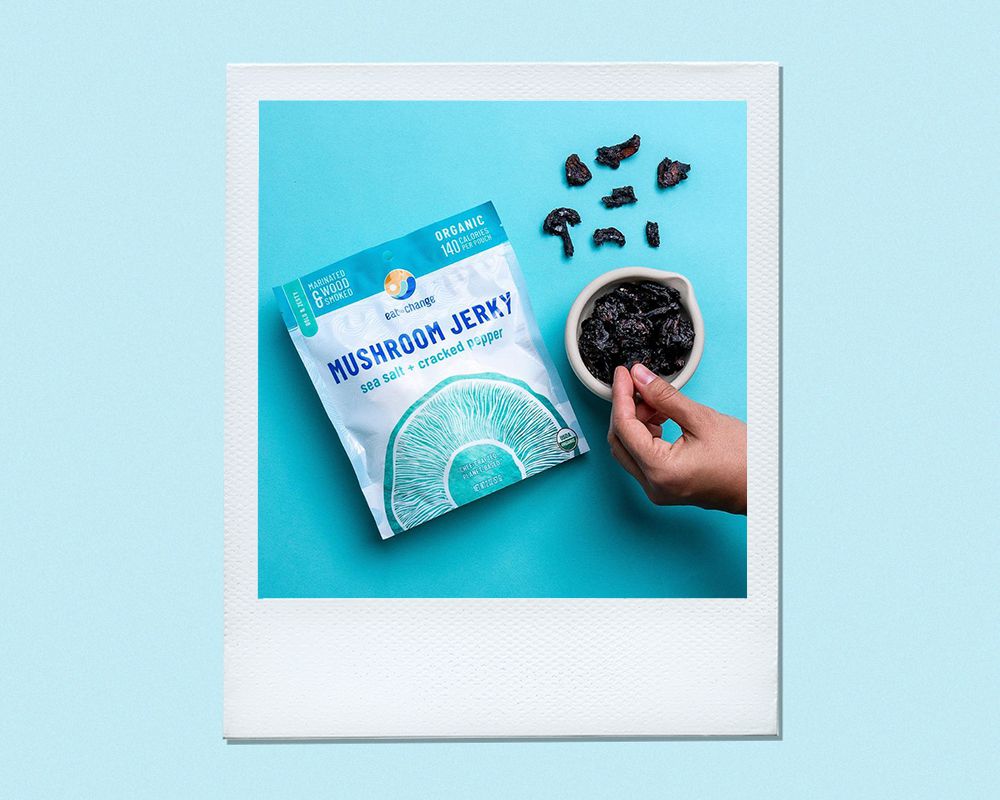What to Know About the Possible Benzene Sunscreen Recall
The days are growing longer and hotter, and sunscreen sales are seeing their big annual boom (reminder: experts recommend year-round SPF) as people stock up in preparation for outdoor activities. We rely on sun protection to keep us from premature aging and painful burns, but the primary function of sunblock is to shield the wearer against the potentially deadly effects of UV radiation.
Recently, levels of benzene were detected in a number of popular sunscreens and sun care products due to contamination. Discovered by pharmacy group Valisure, which routinely audits consumer goods, the report shows benzene contamination in 78 of the 294 products tested. (They’ve compiled a complete list of affected items with batch numbers here.) The company then began petitioning the FDA to recall products that have been affected.
It’s paramount to understand that sunscreen does not include benzene as an ingredient—benzene levels are due to contamination.
What Is Benzene
Benzene is a chemical derived from coal tar with trace amounts often found in synthetic fragrances, explains Dr. Dendy Engelman. “Benzene is a known carcinogen and is linked to cancer and nervous system issues,” she tells us. “Short term, it can cause irritation and redness on the skin if applied topically.”
Multiple research reports on benzene both conclude any exposure to the chemical is harmful, with one 2010 study out of UC Berkeley stating, “there is probably no safe level of exposure to benzene, and all exposures constitute some risk.” The FDA’s own research points to chemicals found in sunscreen showing up at high levels in the blood, which is why Valisure is now recommending the FDA issue a recall for any contaminated items.
How It Happened
First things first, it’s true that rigorous testing found traces of benzene in a number of sunscreens. However, benzene isn’t a sunscreen ingredient—the issue here is benzene contamination during production, not suncare formulas themselves.
What’s more, it’s important to note that it’s illegal to include “toxic” ingredients in household products. According to Dr. Ranella Hirsch, researchers “separately tested six active ingredients to see if they degraded and produced benzene. The answer was no.” Rest assured, this was due to contamination during production—benzene is not regularly found in sunscreen formulas.
What You Need to Know
Dr. Ranella Hirsch adds that this information, while important, shouldn’t make you worried about buying sunscreen. She explains, “fear is always a very effective tool to grab attention,” and in this case isn’t totally necessary. “You should take comfort in the fact that once a contaminant is identified the information was shared. There are mechanisms in place when things like this happen,” she adds. Research and product testing is here to keep us safe, not fearful of household products.
Similar to other tests—they are a routine part of the FDA’s regulatory process—the list of affected products is public. You should cross-reference your sunscreen products with Valisure’s list to make sure your SPF isn’t affected—find specifics here in tables two and three. And make sure you consciously dispose of any contaminated products per US Environmental Protection Agency’s guidance.
The Bottom Line
Experts stress that people shouldn’t lose sight of how important daily sunscreen use actually is. Skin cancer is the most common form of cancer in the U.S., affecting 1 in 5 Americans in their lifetime. Melanoma, the deadliest form of skin cancer, is caused by sun exposure in 86 percent of cases.
“Getting people to wear sunscreen as much as recommended is tricky anyway,” Dr. Engelman says. “But, there is a lot of misinformation out there about sunscreen and the ingredients in it.”









